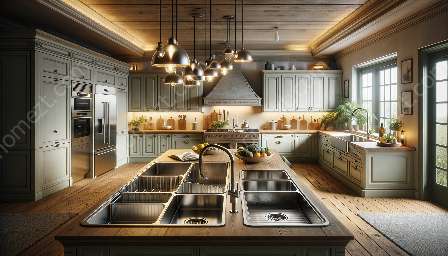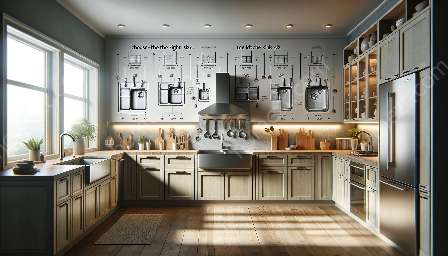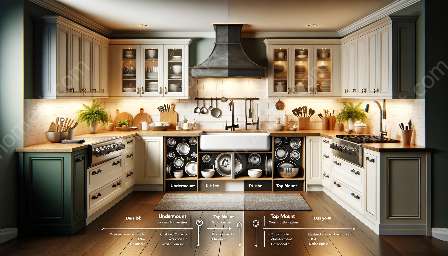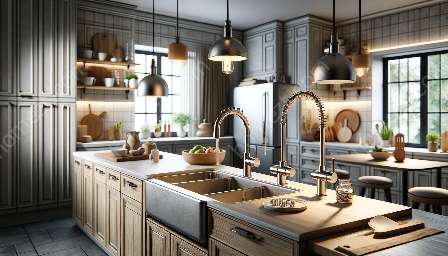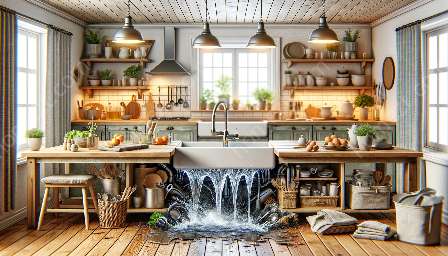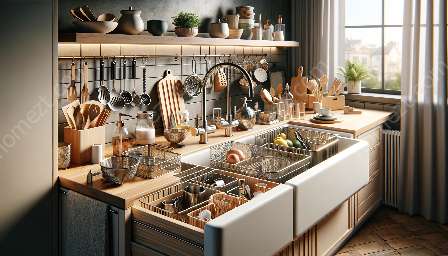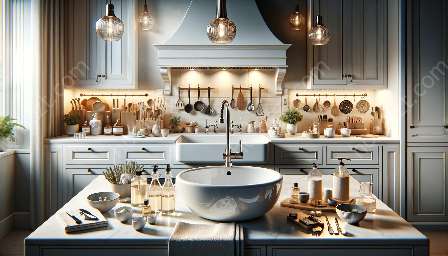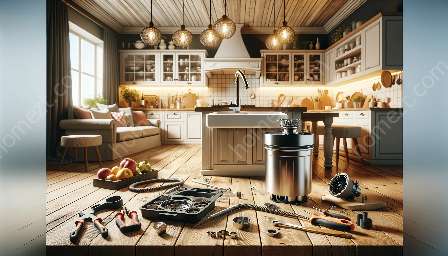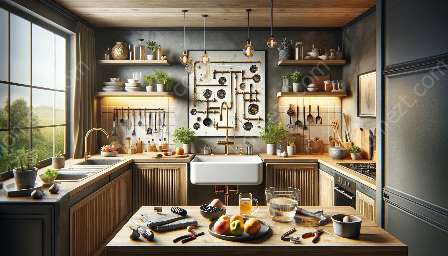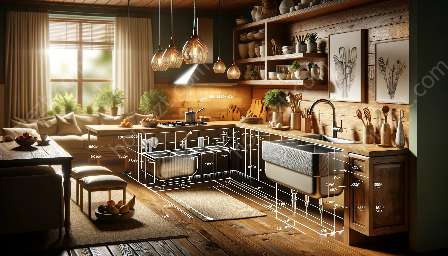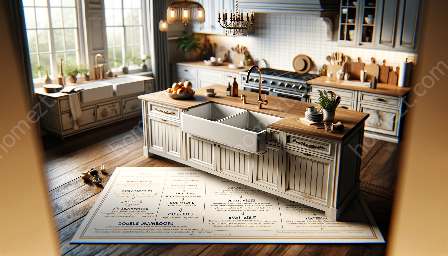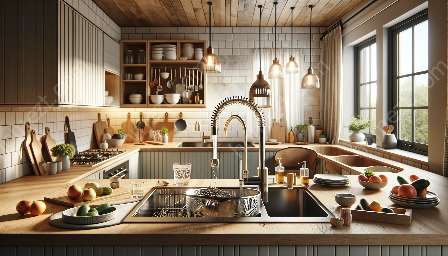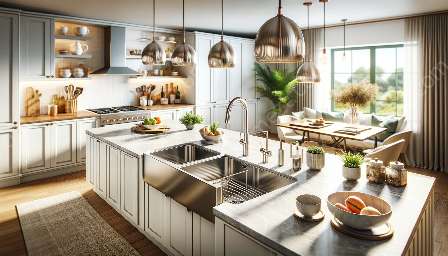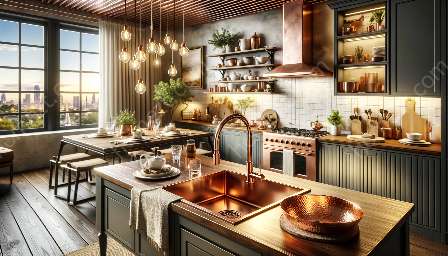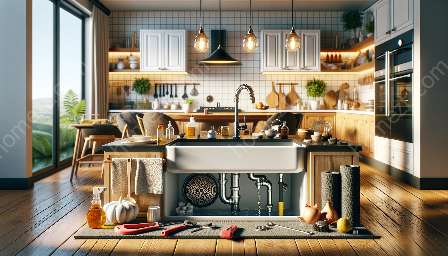Kitchen sinks are essential fixtures in any home, but they are also prone to a variety of common problems. From clogs and leaks to odors and stains, dealing with kitchen sink issues can be frustrating and inconvenient. In this guide, we'll explore the most prevalent problems with kitchen sinks and provide practical solutions to help you maintain and troubleshoot your sink for optimal functionality.
Clogged Drains
One of the most frequent issues with kitchen sinks is clogged drains. This problem often occurs due to a buildup of food particles, grease, or soap scum. Over time, these substances can cause blockages that impede the flow of water down the drain.
Solution: To prevent and remedy clogged drains, consider using a drain strainer to catch food debris before it enters the pipes. Additionally, regular maintenance with a plunger or a drain snake can help dislodge stubborn clogs.
Leaky Faucets
Another common problem with kitchen sinks is leaky faucets. Whether it's a constant drip or a steady stream of water, faucet leaks can waste both water and money, not to mention create annoying sounds.
Solution: The most common cause of a leaky faucet is a worn-out washer or O-ring. Replacing these components can often fix the issue. If the leak persists, it may be time to consider replacing the entire faucet.
Foul Odors
Unpleasant odors emanating from the kitchen sink can be a source of great discomfort. These odors are often attributed to decaying food particles and bacteria that accumulate in the drains and disposal.
Solution: To combat foul odors, consider flushing your kitchen sink with a mixture of baking soda and vinegar. Alternatively, specialized cleaning products can help break down organic matter and eliminate odors.
Stained or Scratched Surfaces
Over time, kitchen sink surfaces may become stained or scratched, detracting from their aesthetic appeal. Whether it's porcelain, stainless steel, or composite materials, maintaining a clean and pristine sink surface is essential for a visually pleasing kitchen.
Solution: Proper cleaning and maintenance can prevent and address staining and scratching. Utilize gentle, non-abrasive cleaners and soft materials to clean your sink. Additionally, applying a protective coating or wax can help maintain its luster and minimize surface damage.
Low Water Pressure
If you notice a significant decrease in water pressure at your kitchen sink, it could indicate an underlying issue. Low water pressure can be caused by various factors, such as mineral buildup in the faucet aerator or a malfunctioning water supply line.
Solution: Start by removing and cleaning the faucet aerator to remove any mineral deposits. If this doesn't improve water pressure, consider checking the supply lines for kinks, blockages, or leaks. If necessary, consult a professional plumber to diagnose and address the problem.
Conclusion
Addressing common problems with kitchen sinks requires a combination of proactive maintenance and timely repairs. By understanding the causes of these issues and implementing the suggested solutions, you can ensure that your kitchen sink remains in optimal working condition. Whether it's preventing clogs, fixing leaks, combating odors, preserving the sink's appearance, or restoring water pressure, these solutions will help you maintain a functional and inviting kitchen environment.

